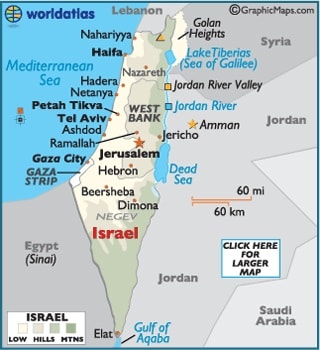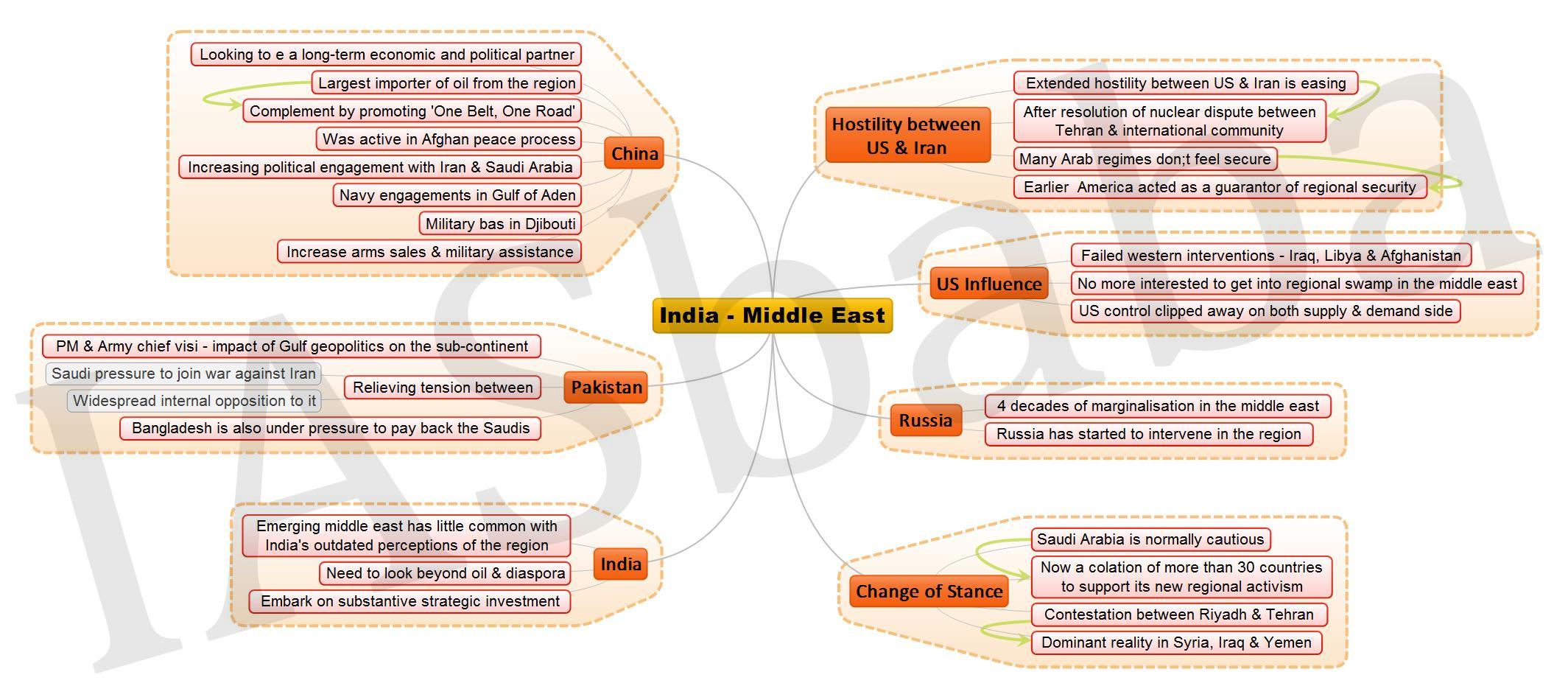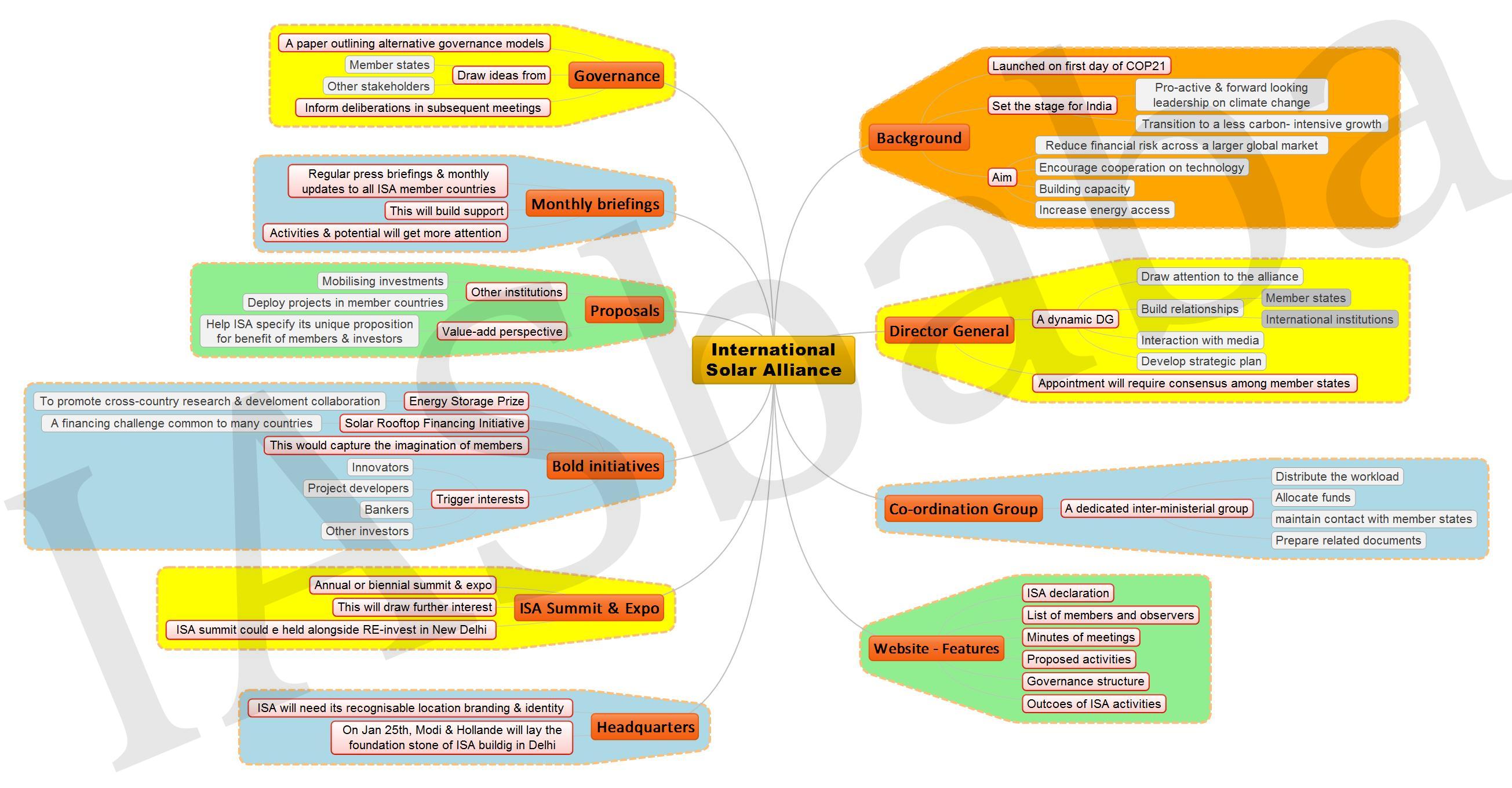IASbaba's Daily Current Affairs Analysis, IASbaba's Daily Current Affairs January 2016, International, National, UPSC
Archives
IASbaba’s Daily Current Affairs – 20th January, 2016
NATIONAL
TOPIC:
- General studies 2:
- Mechanisms, laws, institutions and Bodies constituted for the protection and betterment of these vulnerable sections
- Development processes and the development industry- the role of NGOs, SHGs, various groups and associations, donors, charities, institutional and other stakeholders..
- Issues relating to development and management of Social Sector or Services relating to Health, Education, Human Resources; Governance Issues
Death of a Dalit scholar: Ancient Prejudice, Modern Inequality
Following the death of Rohith Vemula (25), a doctoral student at University of Hyderabad, a new debate has sprung from all quarters and at the heart of the debate the alleged dominance exercised by the right-wing prevails, too strongly.
Let us decode the background story
Rohith’s Campus Activism—
- Ambedkarite Politics
- Protests against beef bans
- Persistence of the death penalty in the Indian Criminal Justice System
- Communal violence in Muzaffarnagar
His weapons:
- Fundamental Right as a citizen
- Reservations policy owing to his socioeconomic background
- Empowering discourses of the Ambedkarite student group
Characterised as: Casteist, Extremist and Anti-national
Consequences:
- Evicted from hostel accommodation
- Monthly research stipend suspended
Failures of—
System: Could not provide a safe and a nurturing home
Vice-Chancellor: Allowing himself to succumb to the pressures of the Ministry and take actions against him
Society: Letting universities become a staging ground for unexpected cruelty and breeding a situation of “unequal life” and relentless inequality
Constitution: Abandonment and a failure to keep up the promises of dignity & prosperity guaranteed by the Constitution
A historical Deep fracture—
An old theme, revisited: The ostracising of the Sudra and the Dalit student from the institution of education and employment as well as knowledge and power is a very old theme in Indian thought based on social structure and moral order
Older texts that are considered sacred have also reflected much upon the relationship between
Self-Society-Sovereignty
Mahabharata—
- Eklavaya (an archer prince of Nishadas) was rejected to be taught the art of wielding weapons by the great Dronacharya on the account of his tribal status that projects him as an outsider
- To learn the art, he secretly watches the teacher giving lessons to Arjuna and ends up becoming a better bowman than Arjuna
- As a tuition fee when Ekalavya complies to give away his right thumb, he is again discriminated against and is robbed off is hard-learned skill
- Therefore, as an outcaste he is denied, both:
- Cannot become a pupil
- Neither was allowed to become a great archer with his own efforts
Satyakama and the fundamental question over one’s identity— leads on to believe that a ‘Brahmin isn’t born, but becomes’
SukhadeoThorat Report:
The three-member panel had worked on the report on caste discrimination in the classrooms and laboratories as well as hostels of the premier AIIMS in New Delhi.
Findings:
84%: Expressed the need for, and absence of, remedial coaching in English language and basic courses
69%: Did not get adequate support and mentoring from teachers
One-third: Gave caste background as reason
72%: Discrimination faced in teaching sessions
Report also spoke of—
- Forms of avoidance, contempt, non-cooperation, discouragement and differential treatment by teachers towards SC/ST students
- Segregation in the allocation of rooms in hostels, in sharing dining facilities, and participation in cultural events and games
IASbaba’s Views:
- The portrayal of government as the ‘only’ node of action to influence thought, that too— when the topic in question is ‘education’ that has always been the seat of discontent marks a deeply politically crisis that has stayed with India through centuries and to support it, wuld just be like leading India backwards.
- There is also an urgent need to look at the university— to reflect on the urgent need to remake it into a more open, free and equal space
- Please go through our detailed article “Bleeding Fault-lines: Bahishkrut Bharat” to understand the efforts in the past and the recent initiatives that have been taken to bring forth an inclusive society that opposes discrimination of any kind.
Connecting the Dots:
- ‘Despite all the fusion and fission that the caste system has undergone through the ages, it is bound to maintain the permanency of its form’. Discuss
- “Dalit Movements for empowerment in independent India have essentially been for carving out political space through electoral politics.” Discuss.
INTERNATIONAL
TOPIC:
- General studies 2:
- Bilateral, regional and global groupings and agreements involving India and/or affecting India’s interests.
- Effect of policies and politics of developed and developing countries on India’s interests, Indian diaspora.
- Important International institutions, agencies and fora- their structure, mandate.
Taking India Israel relationship to the next level
- India and Israel established full diplomatic relations in 1992 and since
 then the bilateral relationship between the two countries has blossomed, with defence and agriculture forming two main pillars of the bilateral agreement.
then the bilateral relationship between the two countries has blossomed, with defence and agriculture forming two main pillars of the bilateral agreement. - However, in recent years, relations have seen rapid growth across a broad spectrum of areas and the future vision of the cooperation is of a strong hi-tech partnership as befits two knowledge economies.
Courtesy (image)- http://www.worldatlas.com/img/areamap/ebe52d16d3bf4ed7bbc3df16fea96c08.gif
Why in news now?
- The reports referred to the successful testing of the “Barak-8” long-range surface-to-air missile somewhere in the Indian Ocean, from the Indian navy’s stealth destroyer, INS Kolkata is making news at the international arena.
- Important thing to note is the Barak-8 (“Lightening” in Hebrew), brimming with cutting-edge technology, is the product of a joint Indo-Israeli development endeavour.
Why did India try to limit its relationship with Israel?
Even though India had enough chances to enhance its ties with Israel, it did not enhance, due to
- The wish to avoid angering India’s large Muslim minority against India supporting Israel in the Israel Palestine conflict.
- Concern for the considerable expatriate Indian community working in the Arab Gulf states.
However now India is trying to enhance its relation with Israel and take it to the next strategic level.
- The potential for mutually beneficial collaboration between India and Israel spans virtually the entire spectrum of human endeavour — from national security on land, sea and air, through cutting-edge civilian technology in medicine, food production and communications, to cultural exchanges, enhancement of water management and rural development.
- But beyond that, there appears to be a special affinity between the two peoples that transcends cordial government-to-government relations.
Why Israel matters a lot to India ?
DEFENCE:
- India is the largest buyer of Israeli military equipment and Israel is the second-largest defence supplier to India after Russia.
- From 1999 to 2009, the military business between the two nations was worth around $9 billion.
- India and Israel also closely cooperateon anti-terror activities and have signed agreements, among other matters, on homeland and public security and protection of classified materials and information.
- Israel has also pledgedsupport to the ‘Make in India’ mission in the defence sector.
AGRICULTURE:
- This has been an important facet in the Indo-Israel relationship. India has benefited from Israel’s expertise in the sector, evident from the number of bilateral agreements signed between the two nations.
- While Indian agriculture is largely dependent on rain and an erratic monsoon, Israel, a global leaderin drip irrigation, has pioneered desert agriculture with sparse supplies of water.
- India hasbenefited from Israeli technologies in horticulture mechanisation, protected cultivation, orchard and canopy management, nursery management, micro- irrigation and post-harvest management, particularly in Haryana and Maharashtra.
- Maharashtra Chief Minister Devendra Fadnavis recently visitedIsrael, seeking agro-technology to address the farming crisis in the Vidarbha and Marathwada regions.
WATER MANAGEMENT:
- Technologically adept Israel has developed water-management technologies, locatedas it is in a semi-arid region with limited sources of fresh drinking water.
- Israel’s expertiseincludes recycling waste water and desalination. Indian companies and official delegations regularly visit the biannual Water Technology & Environment Control Exhibition & Conference, which showcases Israel’s water and energy technologies.
- IDE, an Israeli company, has built several desalination plants in India, including a 100-million-litre per day desalination plant at Nemelli in Tamil Nadu, commissioned in 2013, the second such plant in Chennai.
TRADE:
- India’s total trade with Israel is $6.06 billion in 2013-14, up 57% over 2009-10. The trade balance stood in India’s favour at $ 1.44 billion in 2013-14.
- Mineral fuels and oils are India’s leading export to Israel worth $1.45 billion in 2013-14.
- India’s major imports from Israel in 2013-14 included natural or cultured pearls and precious stones, worth $1.20 billion. Stones and pearls are the second-largest commodity, in terms of value, exported to Israel from India after mineral fuels.
- Israel ranks 44th in terms of foreign direct investment in India, investing$82 million between April 2000 and February 2015.
- Since 2010, the two countries have been negotiating a free-trade agreement for goods and services, which should boost investments and trade ties.
Way ahead:
- Notwithstanding cooperation in agriculture, defence etc, both countries see themselves as isolated democracies threatened by neighbours that train, finance and encourage terrorism, therefore both countries also view their cooperative relationship as a strategic imperative.
Connecting the dots:
- Do you agree with the view that Israel is a “natural ally” of India?
- Agriculture and Defence are the two pillars which determined the relationship of India with Israel. Comment.
- India needs to develop a strategic relationship with Israel? Analyse the statement with reference to cross border terrorism in India.
MUST READ
Lessons from a floating armoury
Growing crackdown on activists
Sex ratio down, literacy rate of women up: Family health survey
First flower in space is giant leap for zero-gravity gardening
Poor Ganga– Public wrangling between ministries sends out dispiriting signals for the river cleaning project
India eyes more crude oil imports from African nations-New Delhi to host oil and gas producing African countries at a two day conference from 21st Jan, 2016
Northeast can be developed as an organic region
Beyond Netflix and 4G- The lack of bandwidth and content means it will be a long time before online streaming services take off in India
Can rural India reap digital dividends? The virtual world has increased the possibilities of trade in the real world
The environmental costs of subsidies- It’s time to look at the deleterious environmental impact of subsidies so as to attain correct pricing of resources
MIND MAPS
1. India – Middle-East
2. International Solar Alliance













